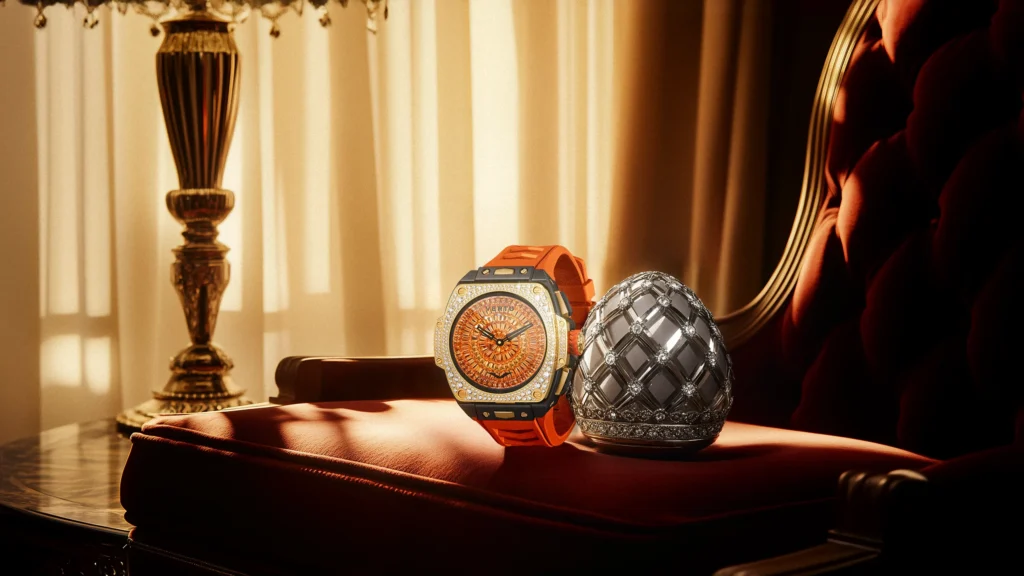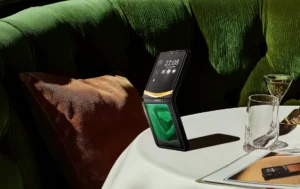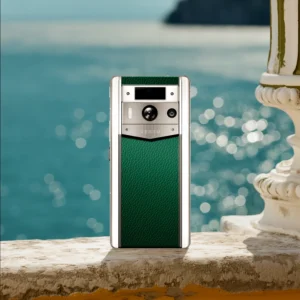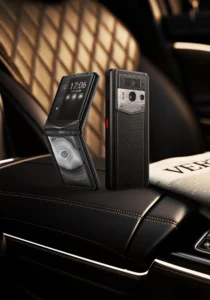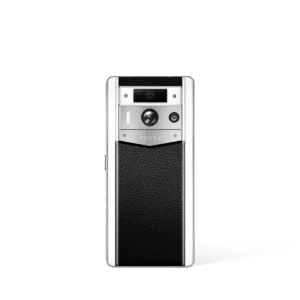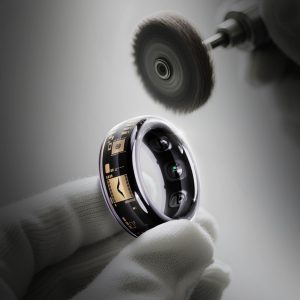In today's rapidly evolving digital landscape, Smartwatch For Seniors has become an indispensable topic, particularly for those caring for individuals with dementia. Whether you're a family caregiver, a healthcare professional, or simply interested in how technology can enhance senior living, understanding the nuances of Smartwatch For Seniors will provide you with invaluable insights and actionable strategies. This comprehensive guide will explore all aspects of Smartwatch For Seniors, offering practical knowledge and proven approaches to help individuals with dementia maintain greater independence and safety in 2025 and beyond.
What is Smartwatch For Seniors?
Smartwatch For Seniors refers to wearable technology specifically designed with the needs of older adults in mind, often incorporating features that address common challenges faced by individuals with dementia. These devices typically offer simplified interfaces, larger text, and robust safety features. The main advantages include GPS tracking for location monitoring, fall detection with emergency alerts, medication reminders, and easy-to-use communication tools. In today's market, Smartwatch For Seniors matters because it provides a crucial layer of security and connectivity, allowing seniors to live more independently while offering peace of mind to their caregivers. These smartwatches are not just gadgets; they are vital tools for enhancing safety and well-being.
How to Get Started with Smartwatch For Seniors
Getting started with a Smartwatch For Seniors involves a few essential steps to ensure optimal functionality and user experience. First, identify a model that balances necessary features with ease of use. Essential requirements often include a reliable cellular connection (either built-in or via a paired smartphone) and a charging routine that fits the senior's lifestyle. Detailed setup instructions typically involve charging the device, pairing it with a caregiver's smartphone, setting up emergency contacts, and customizing features like medication reminders and safe zones. Common setup challenges might include navigating complex app interfaces or ensuring consistent charging. However, many brands now offer simplified setup processes and dedicated customer support to assist caregivers.
Best Practices for Smartwatch For Seniors
Implementing best practices for Smartwatch For Seniors is crucial for maximizing its benefits and ensuring the safety of the wearer. Proven strategies include regularly checking the device's battery level, ensuring the senior wears the watch consistently, and clearly communicating its purpose in an encouraging way. Common mistakes to avoid include setting too many complex alerts that could overwhelm the user or not regularly testing the emergency contact system. Optimization tips involve customizing the watch face for maximum readability, setting up geofencing alerts for safe areas, and utilizing features like activity tracking to encourage gentle movement. Educating both the senior (if capable) and all caregivers on the watch's functions is key to successful adoption.
Advanced Smartwatch For Seniors Techniques
Beyond basic setup, advanced Smartwatch For Seniors techniques can further enhance independence and safety. Advanced implementation methods might include integrating the smartwatch data with a broader home automation system for comprehensive monitoring, or using two-way communication features for spontaneous check-ins. Professional insights often highlight the importance of personalized settings, where features are tailored to the individual's specific stage of dementia and daily routine. Future considerations point towards even greater integration with AI-powered predictive analytics, which could anticipate potential risks before they occur, and enhanced biometric monitoring to track health trends more accurately, further solidifying the role of Smartwatch For Seniors as a cornerstone of independent living for older adults.
Conclusion
Through this comprehensive exploration, we have gained valuable insights into all aspects of Smartwatch For Seniors and its profound impact on aiding dementia independence. Mastering this knowledge will help you achieve better results in your related endeavors, whether you are a family member seeking peace of mind or a professional committed to innovative elder care. The advancements in smartwatch technology are continuously redefining what's possible, offering unparalleled opportunities for enhanced safety, communication, and dignified living for older adults. Start implementing these strategies today, and you can be confident in achieving your desired outcomes for those you care for.
FAQ
Q1: What is the most important feature of a Smartwatch For Seniors for dementia patients?
A1: GPS tracking and geofencing are often considered the most crucial features, providing caregivers with real-time location data and alerts if the wearer leaves a designated safe area, significantly enhancing safety and peace of mind.
Q2: Are these smartwatches difficult for seniors with dementia to use?
A2: Many Smartwatch For Seniors models are specifically designed with simplicity in mind, featuring large displays, easy-to-press buttons, and intuitive interfaces. Caregivers manage most complex settings, making daily interaction straightforward for the senior.
Q3: How long does the battery last on a Smartwatch For Seniors?
A3: Battery life varies by model and usage. Some devices need daily charging, while others can last several days. It's a critical factor to consider, as consistent charging is essential for continuous monitoring.
Q4: Can a Smartwatch For Seniors replace a caregiver?
A4: No, a Smartwatch For Seniors is a supportive tool designed to assist caregivers and enhance the senior's independence, not replace human interaction or professional care. It provides an extra layer of safety and connectivity.
Recommended For:
-
Family Caregivers: Those looking for tools to monitor loved ones with dementia, especially regarding their location and safety.
-
Seniors with Early-Stage Dementia: Individuals who can still manage simple interactions but benefit from reminders and safety features.
-
Assisted Living Facilities: Organizations seeking to implement technological solutions to enhance resident safety and provide better care.
-
Healthcare Professionals: Practitioners interested in recommending supportive technology that can improve the quality of life for their senior patients.
-
Individuals prone to wandering: For those whose loved ones might wander, the GPS tracking is an invaluable feature.

